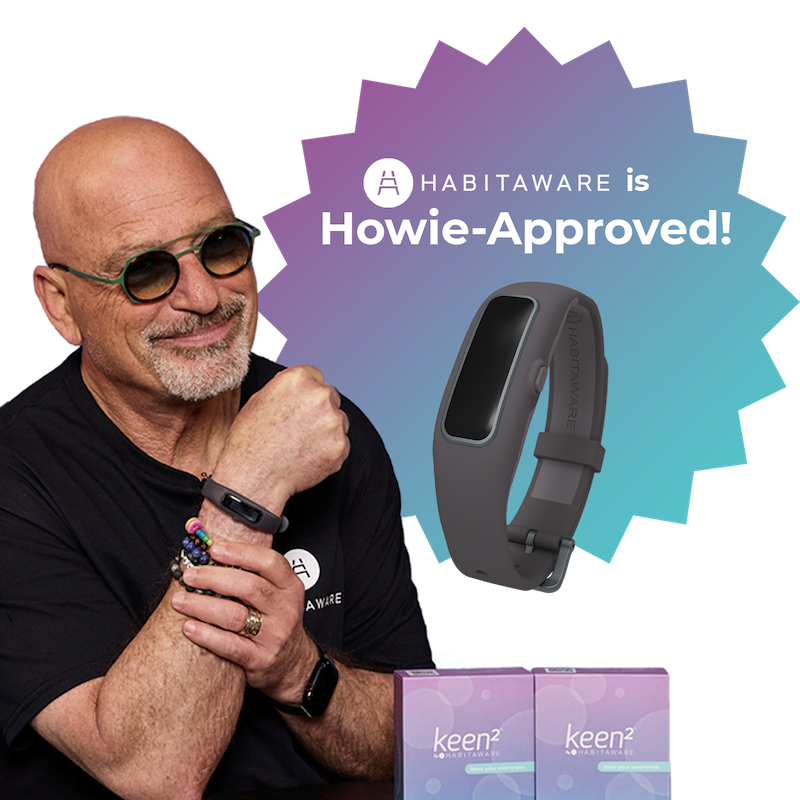We are excited to announce the publication of a peer-reviewed pilot trial that investigates the effectiveness of HabitAware’s Keen bracelet in reducing body-focused repetitive behaviors (BFRBs), including trichotillomania (compulsive hair-pulling) and dermatillomania (compulsive skin-picking). This study, published in Behavior Research and Therapy, was designed to evaluate the feasibility of using our wearable technology as an intervention to help individuals monitor, manage, and reduce their BFRBs in real time.
The trial was conducted with individuals diagnosed with BFRBs, particularly trichotillomania and dermatillomania. Participants were equipped with HabitAware’s Keen bracelet, which uses sophisticated motion sensors to detect the specific wrist movements associated with these behaviors. When a BFRB episode was detected, the bracelet emitted a subtle vibration, providing an immediate alert to the wearer.
This pilot study was structured as an 8-week intervention trial, where participants wore the Keen bracelet daily. Researchers collected data on the frequency and severity of the participants’ BFRBs before, during, and after the intervention. The aim was to assess whether the real-time feedback provided by the Keen bracelet could increase participants’ awareness of their behaviors and ultimately help them reduce the frequency of their BFRB episodes.
The publication details the methodology, including self-reported behavior logs and standardized assessment scales used to measure the impact of the Keen bracelet on participants' behavior patterns over time.
The results of the pilot trial were promising and demonstrated that HabitAware’s Keen bracelet is a feasible and effective tool for reducing BFRBs. Participants who used the bracelet reported significant reductions in the frequency of their hair-pulling and skin-picking behaviors by the end of the 8-week period. The study also highlighted the importance of real-time awareness in interrupting these compulsive behaviors, with participants noting an increased ability to recognize and manage their urges as a result of the immediate feedback provided by the device.
Furthermore, the study supports the use of wearable technology as a non-invasive, real-time intervention for mental health conditions like trichotillomania and dermatillomania. The publication of this trial marks an important milestone for HabitAware, as it provides scientific validation for our technology and underscores its potential as a powerful tool for BFRB management.
We are proud to see our Keen bracelet recognized in clinical research, and we remain committed to advancing mental health technology that empowers individuals to take control of their behaviors.


